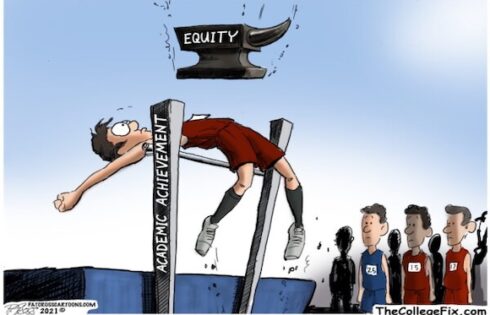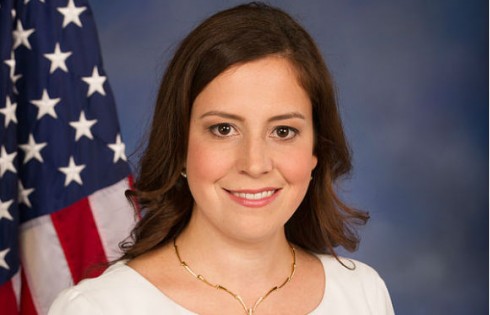As universities take it upon themselves – with less-than-subtle prodding from the Department of Education – to set up alternative judicial processes for sexual-assault investigations, the chain of command and training that panel members receive is drawing increased scrutiny.
The Foundation for Individual Rights in Education (FIRE) sounds the alarm on the University of Pennsylvania’s new procedures as reported in the Daily Pennsylvanian, saying they pose threats to due process. They sound similar to what Ohio University is telling its faculty who interact with alleged victims, as The College Fix reported.
Penn’s adoption of the White House-recommended “single-investigator model” means that one professional Title IX investigator will “serve as detective, judge, and jury,” and it “dispenses with the notion that someone accused of serious wrongdoing should have the opportunity to challenge his or her accuser’s testimony,” FIRE Director of Policy Research Samantha Harris wrote.
That sole investigator’s decision can be appealed to an all-faculty panel “trained in handling sexual-assault cases” – but that panel is getting incredibly skewed directives under Penn’s own stated guidelines, Harris says:
One of the tips, for example, is that “false allegations of rape are not common.” The sole source cited for this statement is a study co-authored by David Lisak, a clinical psychologist who has spoken extensively on college campuses at the invitation of campus sexual assault activists. …
There are also several tips relating to why an alleged victim’s demeanor should not detract from his or her credibility, but the only analogous tip regarding alleged perpetrators relates to why his/her demeanor should not be taken as positive evidence of his/her credibility. …
The problem with the tips is that these are materials intended to train supposedly impartial hearing panelists, yet they all seem geared towards encouraging the panelists to believe the accuser over the accused.
(For an in-depth look at Penn’s training for faculty, see Brooklyn College professor KC Johnson’s analysis.)
Penn’s general counsel actually got back to Harris when she raised these concerns, saying that the school is “still in the process of shaping the new model” and downplaying the skewed “tips” she highlighted.
“If there’s a glimmer of hope,” it’s that Penn has a stellar “green light” rating from FIRE for its speech protections, Harris says:
But with the intense external pressure from the federal government to curtail the rights of accused students in order to address campus sexual assault, it is impossible to know whether calmer heads will be able to prevail.
Like The College Fix on Facebook / Follow us on Twitter






Please join the conversation about our stories on Facebook, Twitter, Instagram, Reddit, MeWe, Rumble, Gab, Minds and Gettr.